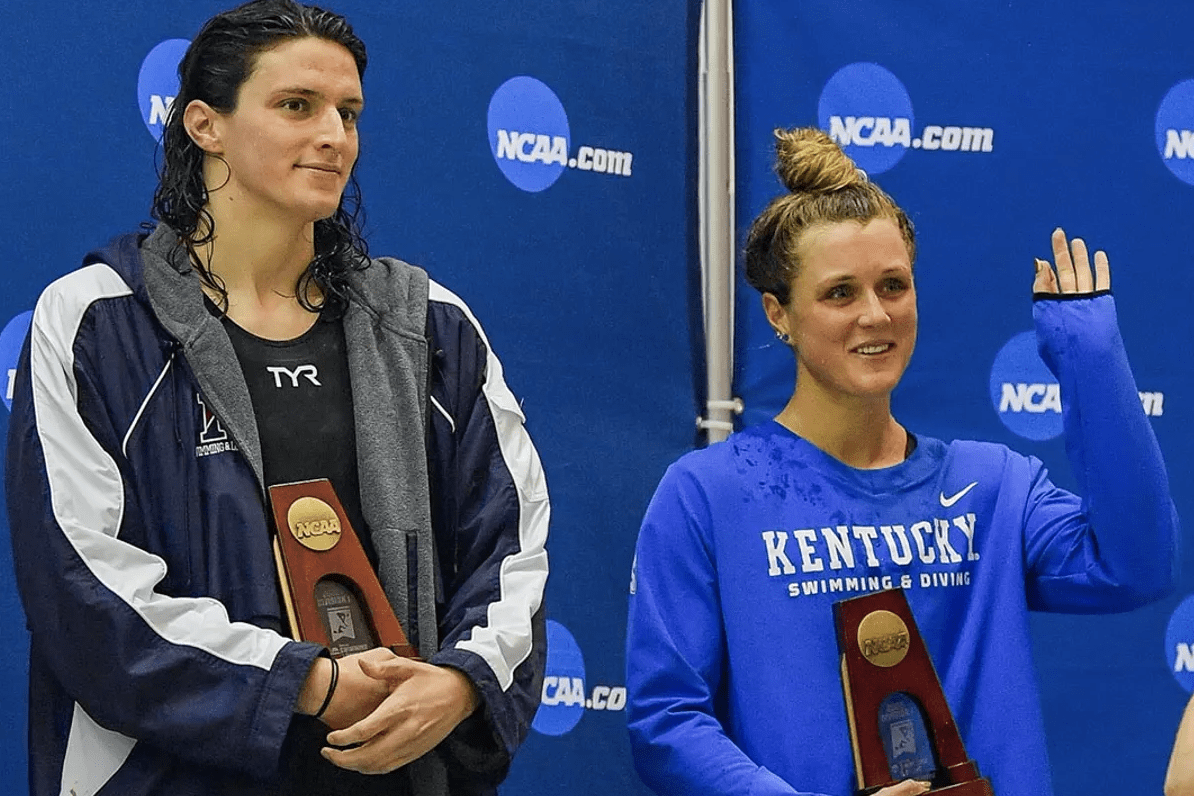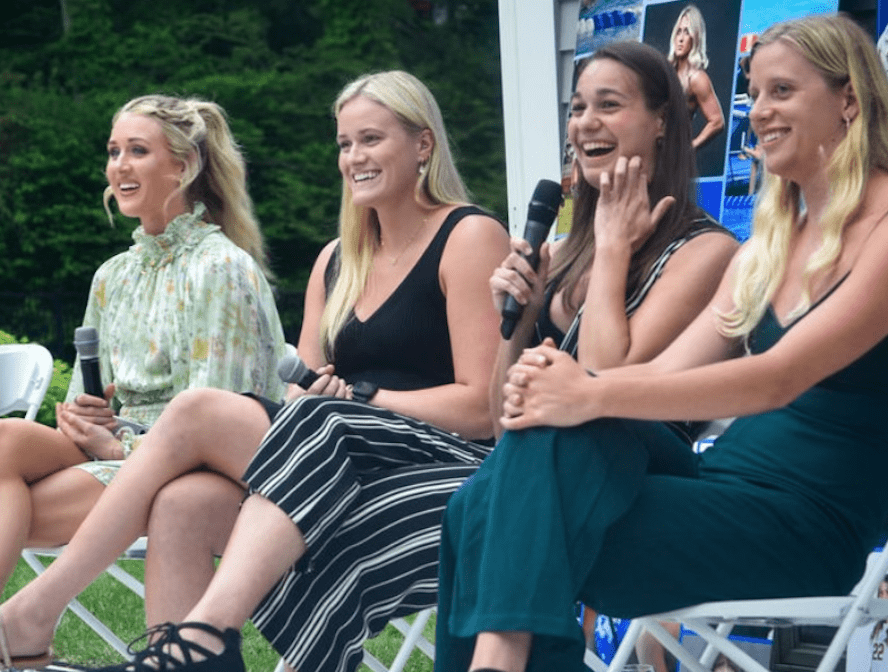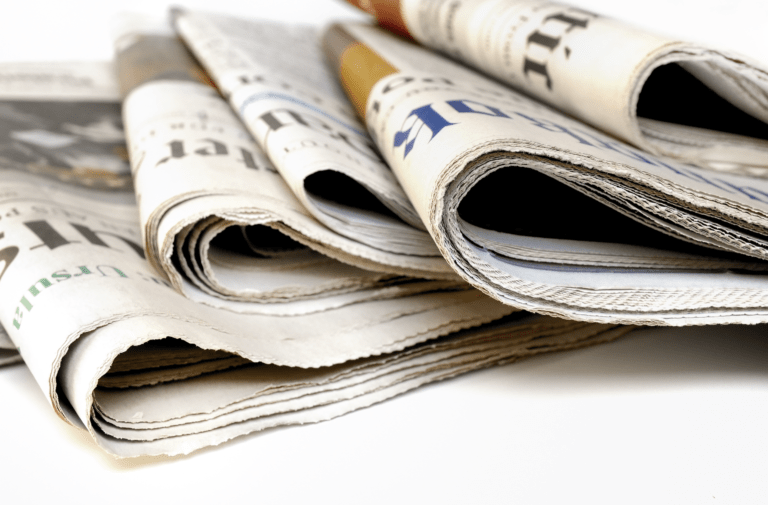
By Beth Barhydt
A crowd gathered at a fundraiser in New Canaan on June 5 to support a group of female athletes challenging the inclusion of transgender women in women’s sports. The event was highlighted by impassioned speeches from prominent athletes like Riley Gaines, who voiced their concerns about fairness and equality in athletic competitions.
Riley Gaines, a former swimmer at the University of Kentucky, set the tone for the evening with her powerful address. “It’s insane that we have to be here,” she said, reflecting on the necessity of the gathering. “What we are seeing happen across this country, the eroding of women’s rights, this is not progress. This is regressive. It’s deeply misogynistic.”
Gaines recounted her own experiences competing against Lia Thomas, a transgender woman, at the NCAA championships. “The NCAA announced Thomas’s participation in the women’s category was non-negotiable,” Gaines explained. “We were told we had to accept this with a smile on our face.”
The former athlete shared the emotional impact on her and her teammates, highlighting the unfair advantage and the psychological toll it took. “I can wholeheartedly attest to the tears that I saw, not just from the moms in the stands but the tears from the girls who placed ninth and 17th and missed out on being named All-American by one place,” she said.
Gaines’s narrative was supported by similar stories from other athletes. Reka Gyorgy, originally from Hungary and a competitor at the 2016 Rio Olympics, described her experience of being displaced by Thomas at the NCAA championships. “I saw my name at the 17th place,” Gyorgy recalled, tearfully recounting the moment she realized she was edged out of the finals. “I just couldn’t do anything else other than cry.”
Kylee Alons, another swimmer, echoed these sentiments, adding a chilling account of the discomfort faced in the locker rooms. “We were never even told, we were never warned that we would have to be sharing the locker room with a biological man,” Alons revealed. “I just remember feeling incredibly uncomfortable.”
The event underscored the broader implications of the issue, extending beyond sports to societal values and legal interpretations. “We have categories in sports for a reason,” Gaines stated. “We cannot prioritize inclusion over fairness and safety.”
The legal battle is seen as a critical fight not just for current athletes but for future generations. “People fought for my generation to be able to compete and have equal rights,” Gyorgy said. “I never thought I would be one of those people who have to fight for this.”
The gathering also featured an emotional fundraising segment, where the athletes auctioned off swim lessons and US Open tickets to support their legal efforts. ICONS, the organizing body, emphasized the need for financial support to sustain the lawsuit against the NCAA. “It’s going to take us $1 million to $1.5 million to take on the NCAA,” stated a representative from ICONS.
As the event drew to a close, the athletes reiterated their commitment to the fight for fairness. “It’s incumbent upon all of us here and everyone that you speak to, we have got to find our spine as a people, as adults,” Gaines urged. “We have to find it again. This fight cannot be laid to rest on the shoulders of little girls in middle school.”
The event highlighted a pivotal moment in the ongoing debate over transgender participation in sports, with the athletes vowing to continue their battle for what they believe is a fundamental issue of fairness and equality. “We’re hoping to make it to the Supreme Court,” Gaines concluded. “This is something that needs to be heard, and the precedent needs to be set.”





